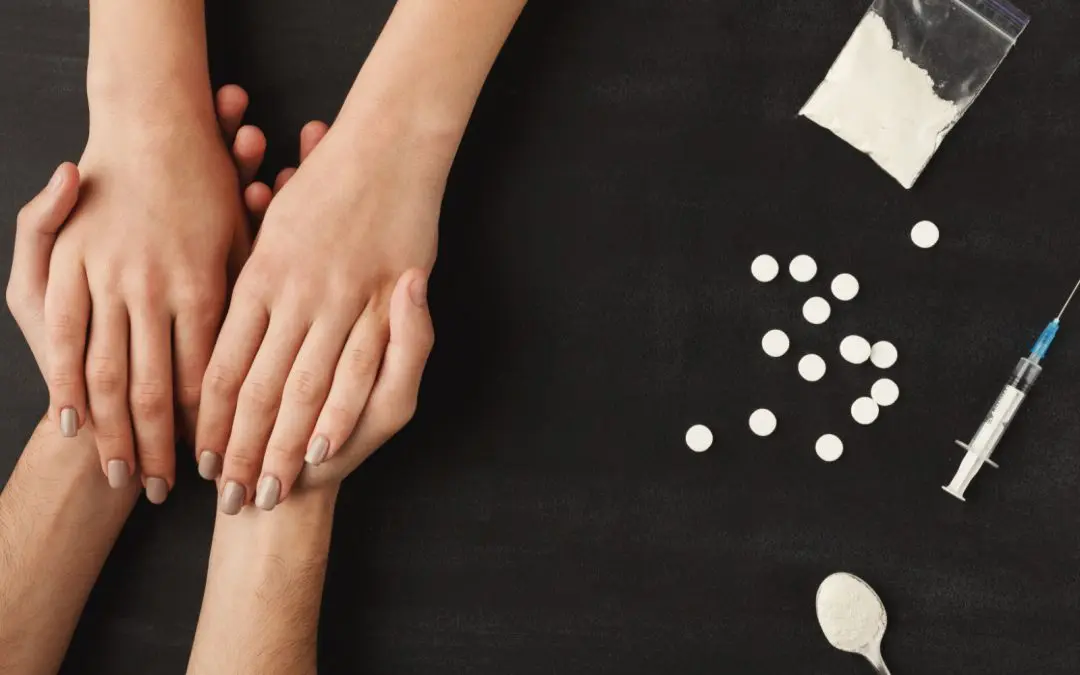24/7 Helpline:
(866) 899-221924/7 Helpline:
(866) 899-2219
Learn more about Outpatient Rehab centers in Mount Pleasant

Other Insurance Options

Meritain

CareFirst

Aetna

Holman Group

American Behavioral

Private insurance
Beacon

AllWell

Carleon

ComPsych

Covered California

Sliding scale payment assistance

Anthem

Ceridian

GEHA

Ambetter

WellPoint

Access to Recovery (ATR) Voucher

Excellus

Evernorth












